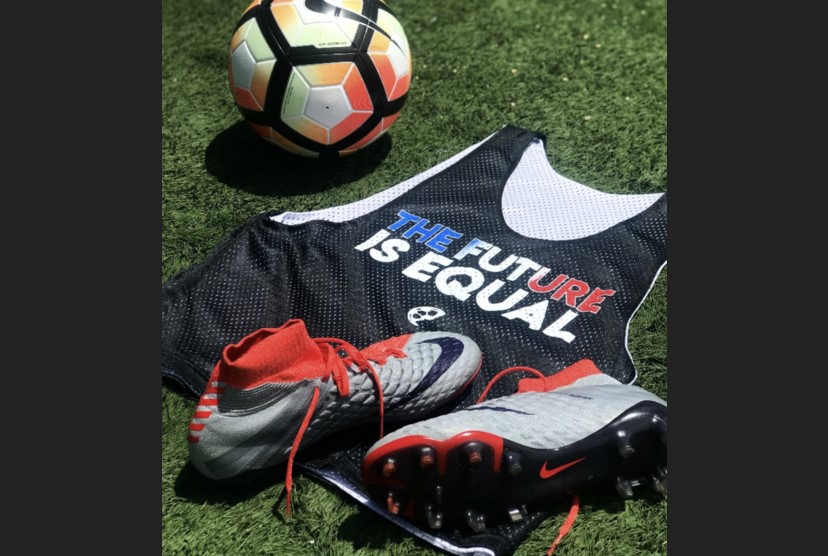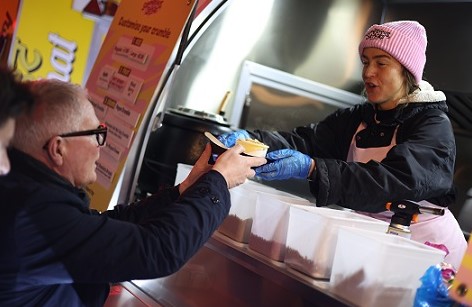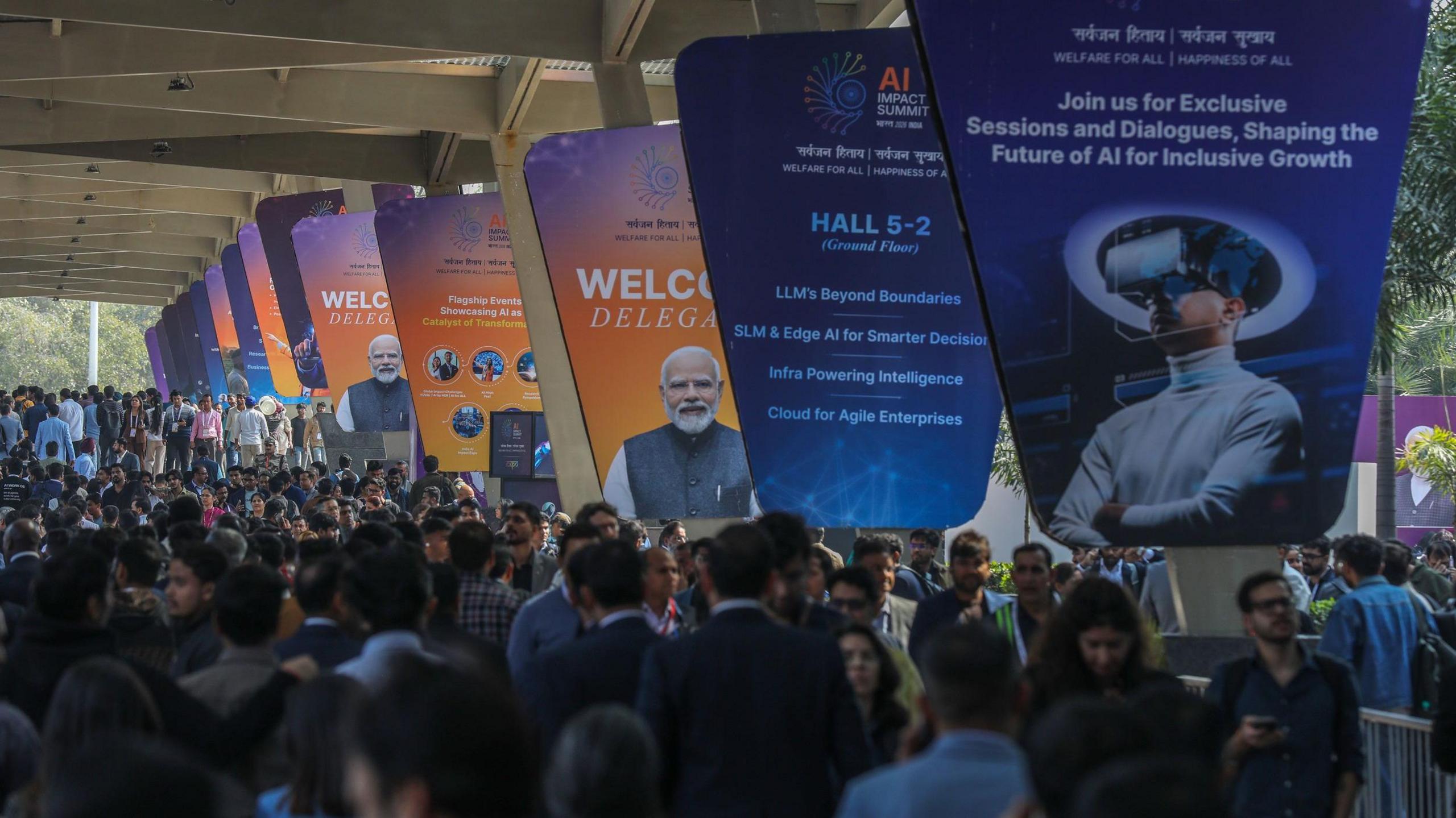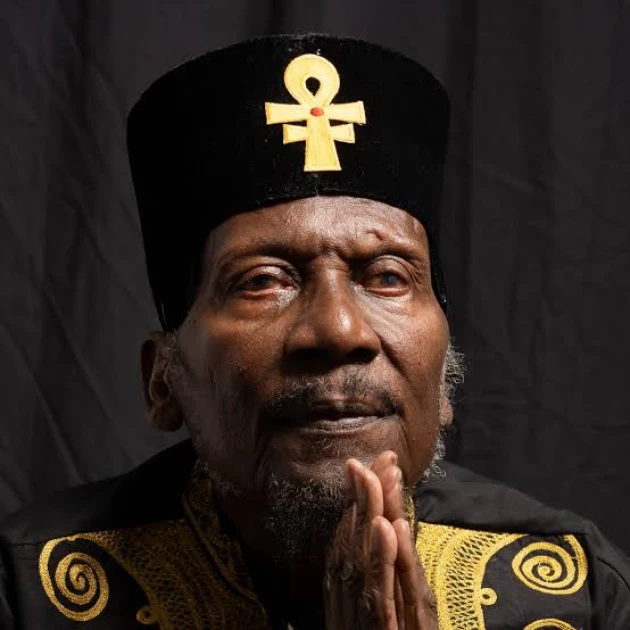Over the course of the pandemic the global community has seen the true extremity of disparities that pre-dated and were exacerbated by Covid-19. This included key events such as the death of George Floyd and subsequent worldwide outrage that brought the Black Lives Matter movement to a boiling point. A universal point of reflection and action was required, this stretched to individuals, institutions and sectors; including the sport and physical activity sector.
In response to the events of the last year and the shift in sentiment for the race equality agenda amongst our sector, Sporting Equals set up the Sport Monitoring Advisory Panel (please see the end of the release for panel members). Inviting significant advocates for African and Caribbean communities within the sport sector to play a part in our campaign against racism in sport and equally encouraging greater opportunities for ethnically diverse communities.
Recent findings from the Sport England May 20-21 Active Lives Survey highlighted that the impact of the pandemic has disproportionately impacted Black and Asian adults. With only 52% of Black adults and 48% of Asian adults meeting the Chief Medical Officer guidelines for activity levels compared to 61% of the whole population. The issues seem to have maintained stagnant at a service user level which makes the importance of the Race Representation Index that much more pivotal to tracking and monitoring change within the sector.
Earlier this year, Sporting Equals announced alongside the Sport Monitoring Advisory Panel that they would be launching and administering a Race Representation Index. Developed in consultation with the Panel, the Race Representation Index will act as a method of scoring sport and physical activity organisations against progress with the race equality agenda, with a particular focus on representation. It is designed to gauge where organisations currently are in terms of ethnic diversity representation and we want to highlight, where possible, good practice and monitor progress.
We have now launched this survey and it has been circulated to publicly funded National Governing Bodies of sport and to all 20 football clubs that are currently in the Premier League. Queens Park Rangers Football Club have shown great commitment to this agenda and is the first club to have successfully piloted the Race Representation Index, with their feedback being incorporated to create the final version of the Index survey. The Race Representation Index survey looks specifically at decision-making roles and talent identification for example, board composition, senior management, first teams at elite levels and the talent pathways. Key areas for analysis:
· Governance/Leadership
· Coaching
· Elite level players
· Policy/Strategy
The Race Representation Index will act as a demographic profile data measurement that is driven from a race and ethnicity perspective. Data is to be collected, which will then be assessed and graded by the Panel and measured against the most up-to-date Census data. Year on year our ambition is to see if there is a quantitative improvement and publish findings via Sporting Equals, making all data publicly available. This will enable us to celebrate success stories along the way and ensure that the pledges for improved equity in the sector in terms of race equality is being measured to mark progress. The results of the survey will be analysed and published on an annual basis.
“It is important for the panel and for Sporting Equals to launch the Race Representation Index Survey as recognition for our respect and commitment to delivering equitable outcomes for the Black community. This survey is also in response to reports of the lack of Black leadership in sport, the multiple instances of very public racism in sport including the treatment of England players during the UEFA Euros 2020. The launch of this survey and its findings will be very telling for how committed the UK sport sector has been towards race equality and whether they have managed to successfully hold themselves to their pledges regarding racism in sport following the Black Lives Matter protests of 2020. We are undertaking this vital work to ensure there is accountability in the sector and there are equally successes found, celebrated and tracked as a mark for progress that can be replicated sector wide.” – Arun Kang OBE, Chief Executive, Sporting Equals
“In the wake of the Black Lives Matter global protests in the summer of 2020 the Sport Monitoring Advisory Panel was established to ensure that the pledges made by the UK sport and physical activity sector were monitored for progress to be tracked and to encourage accountability as well as record successes for best practice to be noted. To now be launching the survey during Black History Month is incredibly significant and important, to ensure that there is a respect and understanding that the injustices and in-built practices that have created disparities between communities and have caused persistent equity and outcome gaps for the Black community will no longer be tolerated. The ferocity of the protests may have quelled, but that fire for change is still present and we must ensure changes pledged translate to changes that are tracked and monitored – that is what the Race Representation Index will do.” – Kadeena Cox MBE, Paralympic Gold Medallist Athlete and Cyclist.
“It is particularly poignant for the Sport Monitoring Advisory Panel to be launching the Race Representation Index survey during Black History Month given the survey seeks to track the progress made by publicly funded sports bodies and Premier League clubs. Following the persistent racist attitudes of football fans directed at Black players, as evidenced disgracefully during and post the UEFA Euro 2020 final we need to look more closely on how we as a sector are tracking in terms of racial equity for the Black community in sport. The panel and myself will be very interested in seeing and publicly sharing the results of the survey. We hope will be to quantify the diversity present in decision making roles and whether there is enough lived experience present to inform meaningful, empathetic and pragmatic practices that are fit for all communities to engage in sport.” - Chris Ramsey MBE Technical Director – QPR, Former Professional Footballer.
“As we launch the Race Representation Index survey alongside Black History Month, we as the Sport Monitoring Advisory Panel wish to remind the sector, the public, and decision-makers that the mark of progress for our community is now going to be measured in UK sport. This in itself is a momentous occasion to have the opportunity to review the pledges made post the Black Lives Matter protests following the death of George Floyd. We will now be able to obtain and review data that will allow for the Panel to make recommendations and celebrate success stories of where true equity is being delivered for the Black community following the widespread pledges for change. In the cricket space we are currently in a World Cup and given the last victory for England in cricket was delivered by a diverse team.
“We want to ensure that there is enough diversity being accessed through talent pathways to ensure we are attaining the very best Britain has to offer in sport, the lack of Black cricket players currently gives us cause to pause, hence the importance of this data collection. We are hopeful that moving forward the Race Representation Index survey will act as a tool that will measure a growing and positive trend for race equality in sport.” – Devon Malcolm, Events Organiser, Former England International Cricketer.
“Having a standard to hold ourselves to account as a society, is incredibly important. That is why following widespread statements regarding race equality and/or equity in sport, we as the Sport Advisory Monitoring Panel, felt it necessary to establish the Race Representation Index.
“The launch of our survey to collect the pivotal data needed to mark a standard for progress for the Black community, and to launch during Black History Month was important to us as a Panel and as members of the community. We want to honour the strife and success of our community as continue to advocate, challenge and where possible celebrate instances where race equality is delivered within UK sport and physical activity.
“We look forward to being able to share our findings in the near future and hope that with greater data and visibility we can all set a greater standard for engagement and treatment of the Black community in sport and physical activity.” - Maggie Alphonsi, MBE, Broadcaster, Rugby World Cup winner.
Membership of the Panel includes the following individuals:
· Chris Ramsey MBE Technical Director – QPR, Former Professional Footballer
· Maggie Alphonsi MBE Broadcaster, Former England International Rugby Union Player
· Devon Malcolm Events Organiser, Former England International Cricketer
· Densign White MBE CEO - IMMAF, Chair - Sporting Equals, Former Chair of British Judo
· Ama Agbeze MBE Lawyer, Mediator, England Netball International
· Kadeena Cox MBE Paralympic Gold Medallist, Athlete and Cyclist
· Alexandra Rickham Sustainability Consultant – PCSG, Double Paralympic Medallist Sailor
· Fiona May Supervisory Board – Puma, Broadcaster, Former Track and Field Olympian
· Harley Hicks Head Coach – Waltham Forest Gators
· Rodney Hinds Sports Editor - The Voice
· Professor Kevin Hylton Special Advisor to the Panel, Professor Emeritus of Equality and Diversity in Sport and Education - Leeds Beckett University
Survey Shared To
NGBs:
LTA
England Athletics
England Golf
England Netball
RFU
Basketball England
British Judo
British Rowing
British Cycling
England Boxing
FA
Swim England
RFL
England Squash
British Gymnastics
England Hockey
Table Tennis England
Badminton England
Royal Yachting Association
British Wrestling
Premier League:
Arsenal
Aston Villa
Brighton & Hove Albion
Burnley
Brentford
Chelsea
Crystal Palace
Everton
Leeds United
Leicester City
Liverpool
Manchester City
Manchester United
Newcastle United
Norwich City
Southampton
Tottenham Hotspur
Watford
West Ham United
Wolverhampton Wanderers











